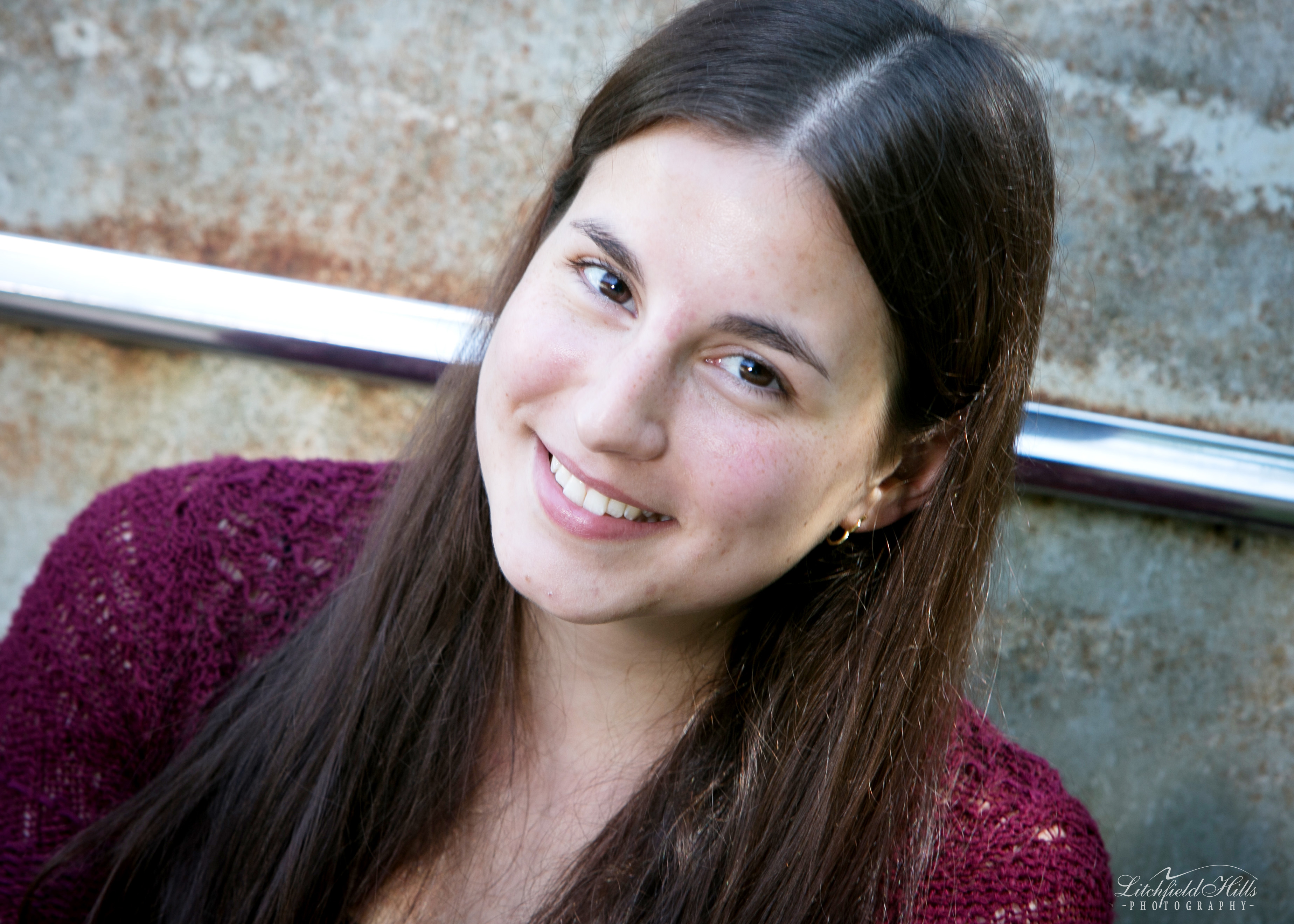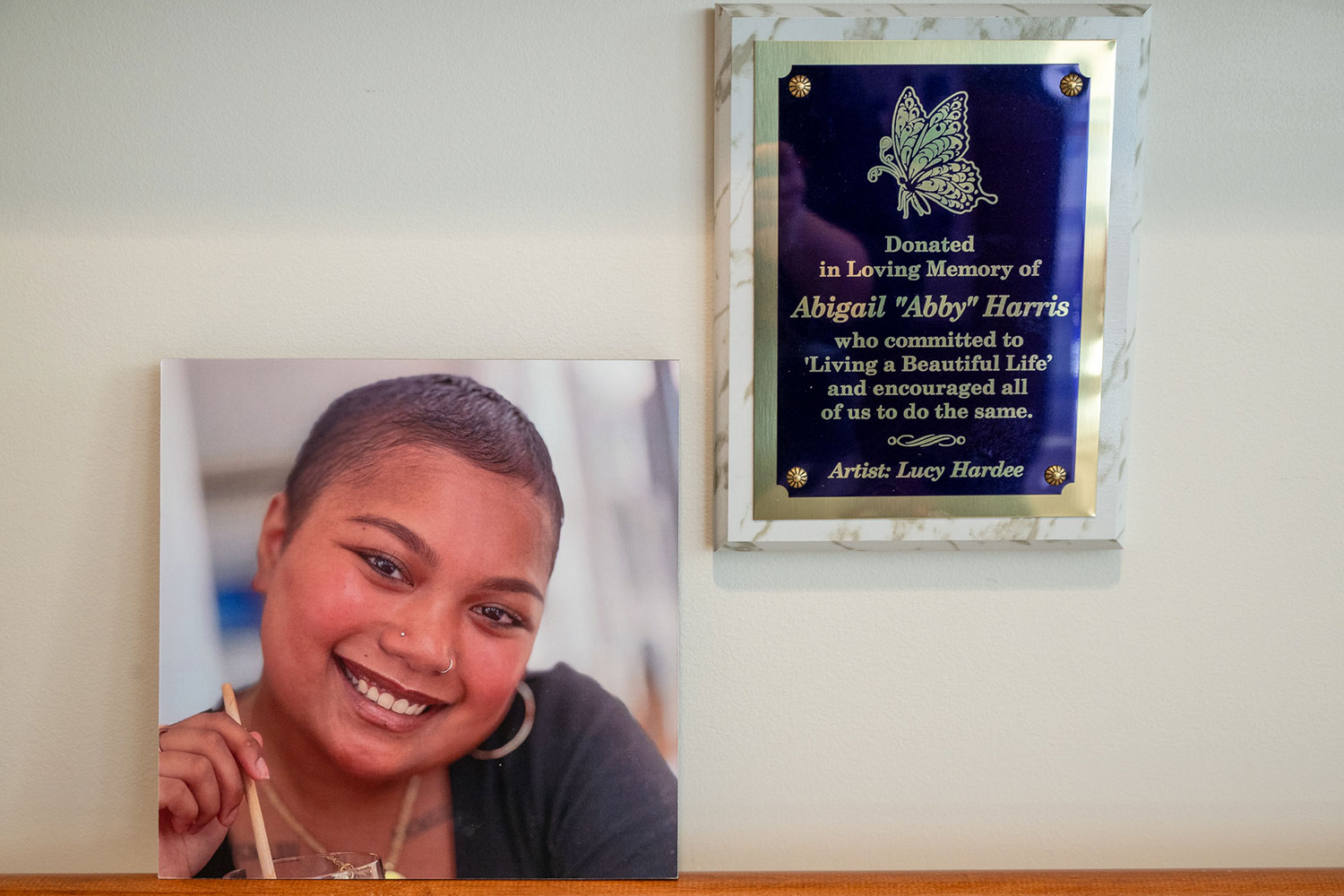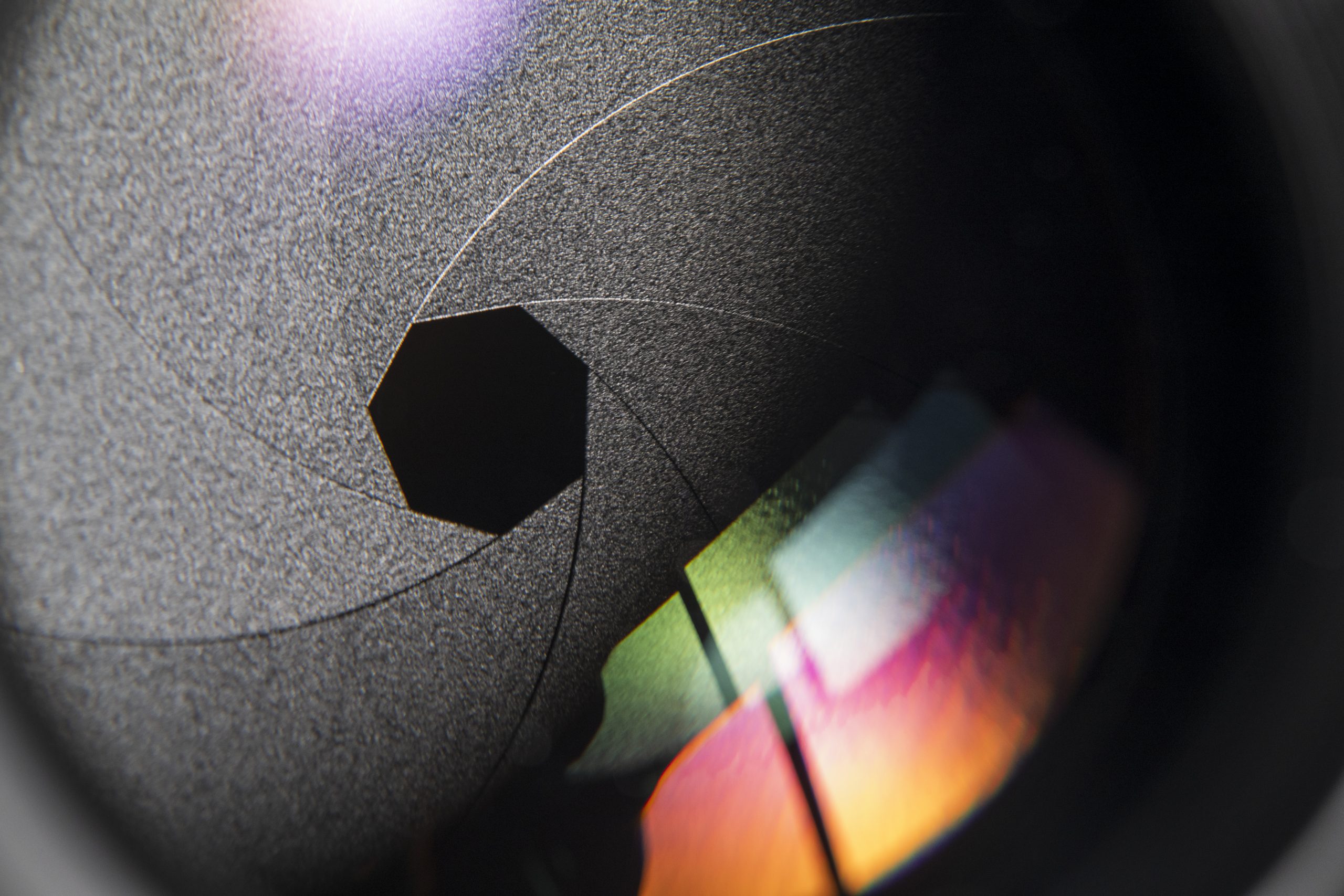Why did you choose UConn?
When applying to undergraduate programs, the most important thing to me was going to a university where I knew the education would prepare me to continue on in my education, and for my future career. I first became interested in applying to UConn because I’d heard great things about the academic programs from UConn alumni who taught at my high school. When I visited the campus, I loved how beautiful and quiet it was. The campus also had a really welcome and friendly atmosphere. Everyone I’d met on campus had been incredibly kind, and there was a great overall sense of community. I also wanted community service and travel to be integral in my undergraduate education, and had read about the opportunities at UConn to study abroad and participate in Alternative Spring Breaks. I am so happy that I chose to come to UConn. I’ve been able to accomplish the goals I set for my undergraduate experience because of the many opportunities that were available to me here.
What’s your major and why did you choose it?
My major is Ecology and Evolutionary Biology, and I chose this major because I have always loved the idea of working with animals, and participating in nature programs. When I was in high school, I was introduced to ecology and environmental science through one of my teachers. I became fascinated with ecological research, specifically species ranges and how species distributions changed over time, and began thinking that I would be interested in pursuing research in spatial ecology. I entered UConn as a biomedical engineering major, but when I discussed my academic interests with a CLAS advisor, Susan Buraceski, during class selection at orientation, she told me that Ecology and Evolutionary Biology was a better fit given my interests. I switched into my current major within a month of coming to campus, and am so glad that I did.
Who was your favorite professor and why?
Dr. Elizabeth Jockusch is my favorite professor because she has been an incredibly supportive research advisor. I began developing an independent research project within the Jockusch Lab in the Fall of 2019, and applied for a SURF Award the following semester. Dr. Jockusch discussed ideas for potential research projects with me, and gave me the freedom and independence to create the experimental design. She gave me feedback throughout the process, and was incredibly supportive when I started fieldwork and began learning how to troubleshoot problems as they arose. She has also recommended classes she thought would provide me with important skills, and advised me on how to search for and apply to graduate school programs.
What was your favorite class and why?
My favorite class was Methods of Ecology (EEB 4230W). This class provided a very thorough introduction to ecological research both in theory, through practice in developing research questions and experimental design; and research techniques, through data collection during lab periods and field trips. The semester-long research project reinforced these lessons by allowing students to develop their own research questions and collect data outside of class. We also practiced writing sections of a research paper prior to completing a term paper on our research projects, and leaving this class I felt that I had significantly improved as a scientific writer. The course also provided an introduction to coding in R, a language used for statistical analyses in ecology and related fields. Not only was I able to learn how to code statistical tests and analyses for data I helped to collect in the field, but in doing so created a database of code to reference during future research endeavors.
What are your plans after graduation?
Following graduation, I will be pursuing my Master of Science in Biology at Eastern Kentucky University. I am joining the Dodd Lab for a two-year, thesis-based program. While my project is not yet finalized, I am hoping to investigate the spatial ecology of one or more rodent species in Kentucky. I have also received a graduate assistantship, and am looking forward to TA-ing courses.
What’s one thing that surprised you about UConn?
One thing in particular that surprised me about UConn was the sheer number of events and activities that go on every day. There is a club for just about any group you can imagine, and there are many other ways to get involved on campus. I was aware of Alternative Spring Breaks prior to coming to campus, but I learned through one of my first year experiences courses that Community Outreach also has Community Service Days where you can sign up for various opportunities to volunteer locally or in Hartford. I also didn’t know about the UConn Forest until coming to campus. There are several tracts to the forest, all of which are beautiful and are great for going hiking with friends.
What’s your favorite thing about UConn?
My favorite thing about UConn is the people I have met. Coming to campus, like most incoming students, I was nervous to be in a place where I knew very few people. However, starting at orientation I began to build relationships with people and am so grateful to have ended up on a campus with so many kind people. The atmosphere on campus is also great for this reason. You can tell that people are really passionate about what they do and study. It creates a really positive environment for learning and collaborating with others.
What activities were you involved with on campus?
As an incoming freshman, when I applied for housing I also applied to the Women in Math, Science, and Engineering (WiMSE) learning community. I am really glad I made the decision to join a learning community because it helped make the campus feel a little bit smaller and more close-knit. The first year experience course was also helpful for learning how to become involved in research as an undergraduate. In the Fall of 2019 I helped start a chapter of ESA SEEDS (Ecological Society of America, Strategies for Ecology Education, Diversity and Sustainability) on campus to help establish a community that supports and encourages increased inclusion in ecology and related fields. This semester I joined the Skinning Club through the UConn Biodiversity Research Collections, through which I learned how to properly prepare specimens for the collections. I also had the opportunity to participate in two Alternative Spring Breaks, in which I volunteered at Hot Springs National Park, Arkansas (Spring break 2017) and in Tahlequah, Oklahoma (Spring break 2019).
What’s one thing all UConn students should do during their time at UConn?
I think that all UConn students should visit the greenhouses in the Torrey Life Sciences building. The greenhouses in TLS are one of my favorite places on campus. It’s a beautiful place to sit on one of the benches between classes and study. It’s also a great escape from cold and rainy days. The greenhouse website is updated so that you always know what’s flowering, but in bloom or not the greenhouses always have fascinating plants to discover and learn about.
How has UConn prepared you for the next chapter in your life?
My research and writing-based courses have helped me to prepare for the next step I will be taking in my education through pursuing my Master’s of Science in Biology. Developing research questions, collecting data and designing experiments, coding, and writing research and review papers are all skills that will be invaluable to me as I move forward. I will be able to continue to hone in on the skills that I have developed at UConn, and seek opportunities to expand upon this skill set. I also hope to begin working more in biodiversity research collections, and the opportunities I have had at UConn to take the Intro to Biodiversity Research Collections course (EEB 5500) and to learn specimen preparation through the Skinning Club have helped to prepare me for work in research collections.
What’s something you learned in a class that you’ll always remember?
I was fortunate to learn early in my undergraduate career to attend the EEB and NRE seminar series. My first semester freshman year I had just switched from Biology to Ecology and Evolutionary Biology. While I knew that my interest lay in ecology, I still didn’t know exactly what I wanted to do within the field. My English professor, Dr. David Olio, suggested I become more involved on campus and recommended I attend the Teale Lecture Series on campus. The first seminar I went to convinced me that I wanted to conduct ecological research. Hearing the professor talk about his research inspired me to pursue research opportunities on campus. I was further reminded of the importance of these lectures in Intro to Fisheries and Wildlife (NRE 2345), as Dr. Isaac Ortega strongly encourages his students to attend the seminar series. The lectures are a great resource for learning about and connecting with research both within and outside of one’s field.
What were some of the things you had never done before you came to UConn?
Before coming to campus, I had always wanted to study abroad. I was really nervous about the process, but through meeting with the Education Office and having help looking through programs I became confident in applying into a program. Studying abroad is now one of the experiences I consider to be the most formative of my academic career. Through Alternative Spring Breaks I was able to travel outside of the northeastern United States for the first time to Arkansas and Oklahoma while also being able to complete service work. I also had never been to a basketball game before coming to UConn, and I got to see the women’s team play at Gampel. It was such a fun experience, and I really enjoyed getting to cheer on the team while learning the about game.
What’s something good about UConn that not many people know?
While there are so many activities and events going on around campus, the campus itself is large enough to absorb it and is often very quiet. There are a lot of great spaces to go and take a break from day-to-day stress, and still feel connected to the community on campus. There is a lot of greenspace to go to study, whether by the lakes or Horsebarn Hill, and to go for walks or hikes around campus and in the forest tracts.
Any advice for incoming first-year students?
I would advise incoming first-year students to read the Daily Digest. It is automatically sent to everyone’s UConn email and is a great resource for getting involved in clubs and volunteerism, and to learn about various course offerings and scholarship opportunities. Almost every activity I’ve become involved in on campus I learned about or have seen advertised through the Digest. Also, incoming students should know that they can use the UConn AnyWare desktop from their laptop or home computer to access programs that you would normally only be able to access on library or lab computers from home by searching for the UConn AnyWare desktop and using their UConn log-in information. You just need make sure to email to yourself or save to a flash drive your work on it so that it doesn’t get lost.



